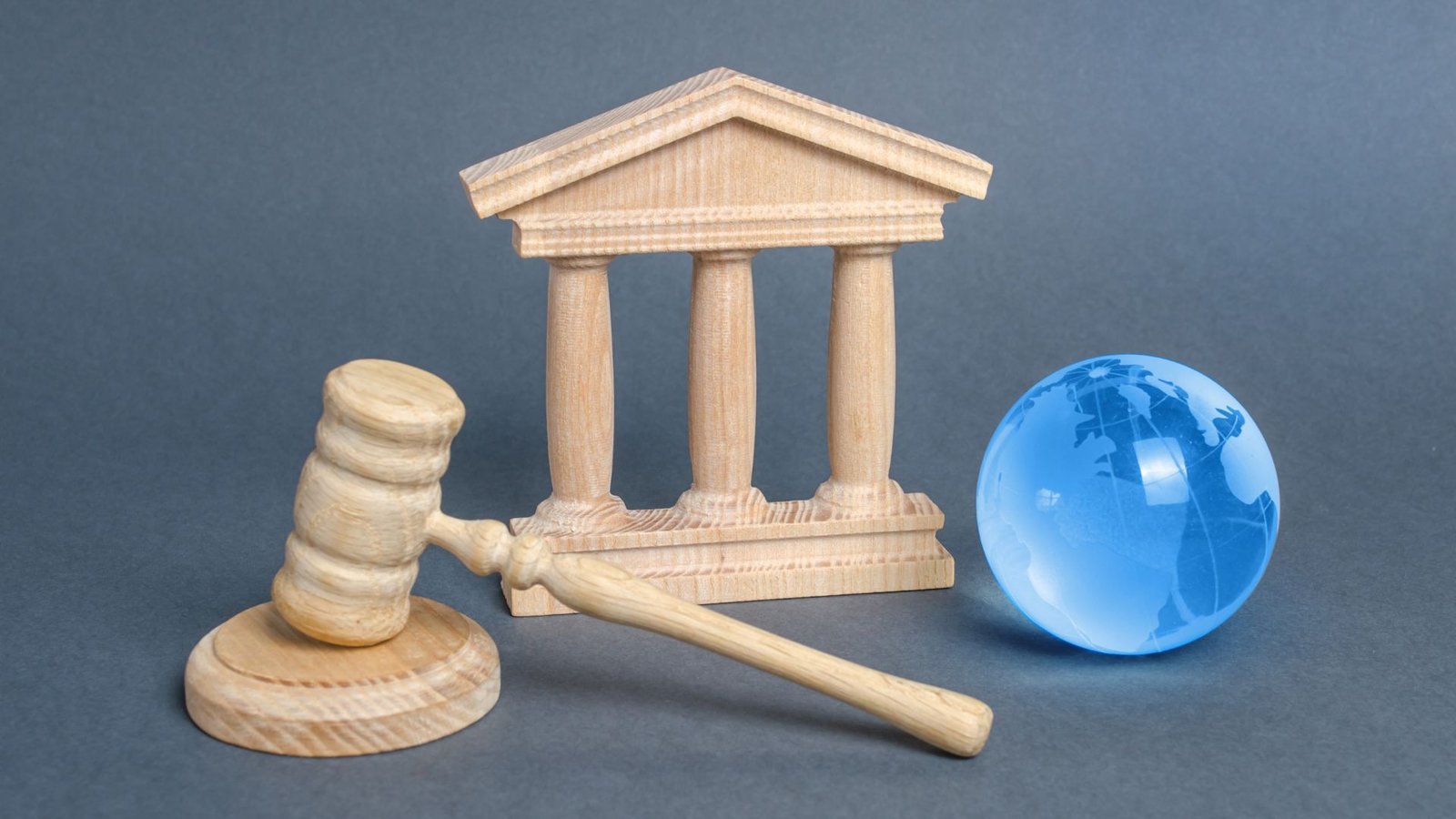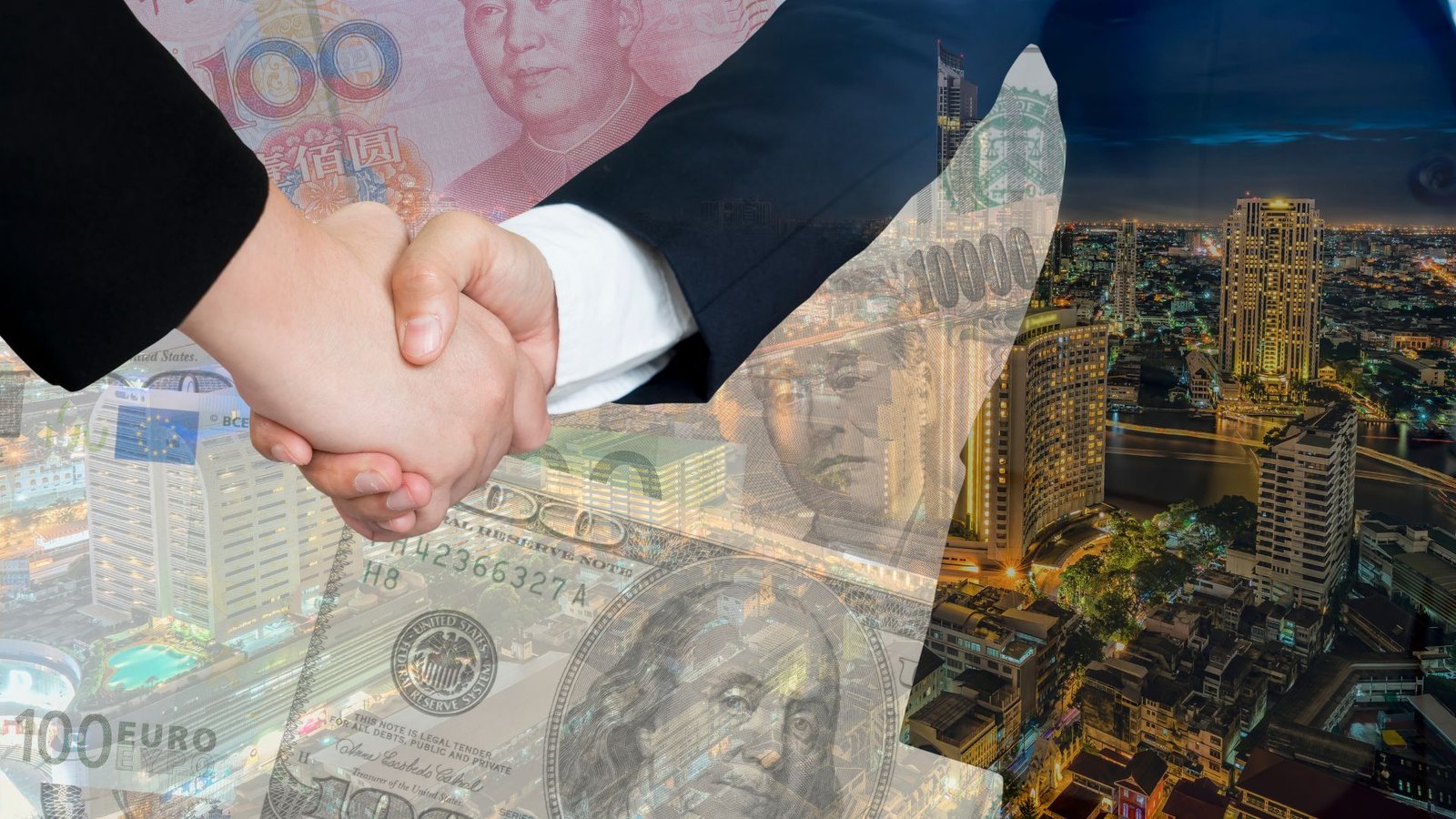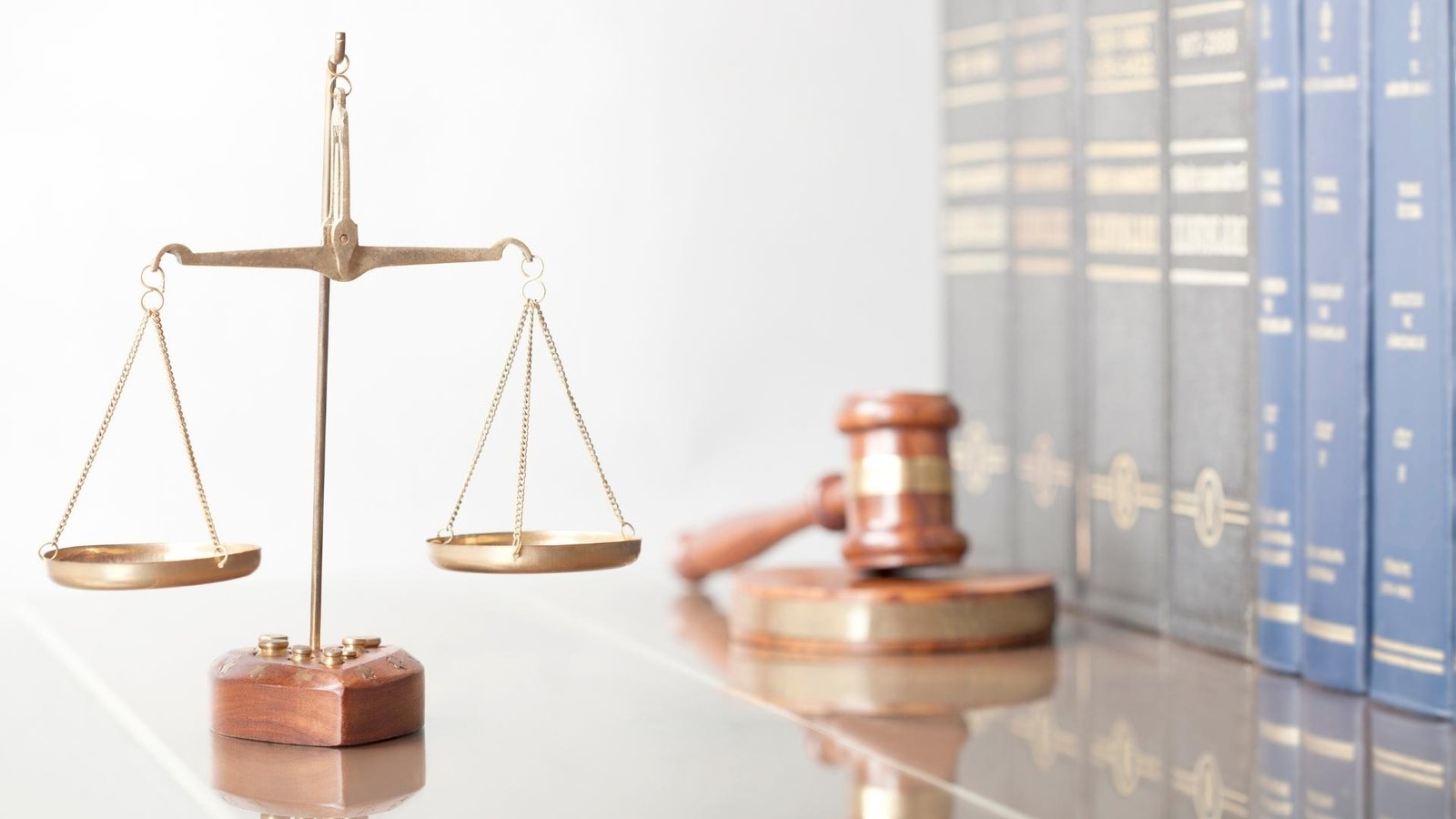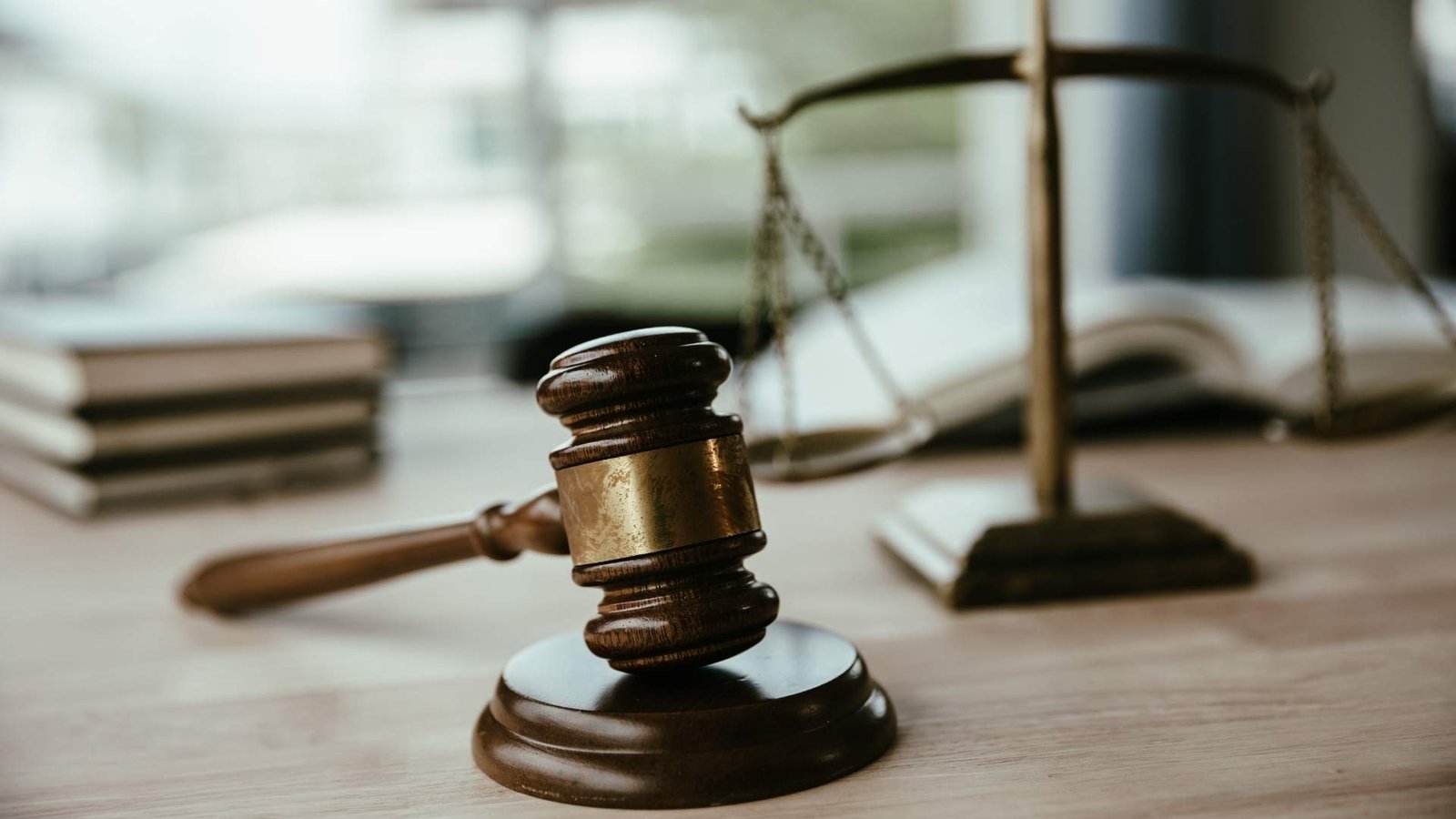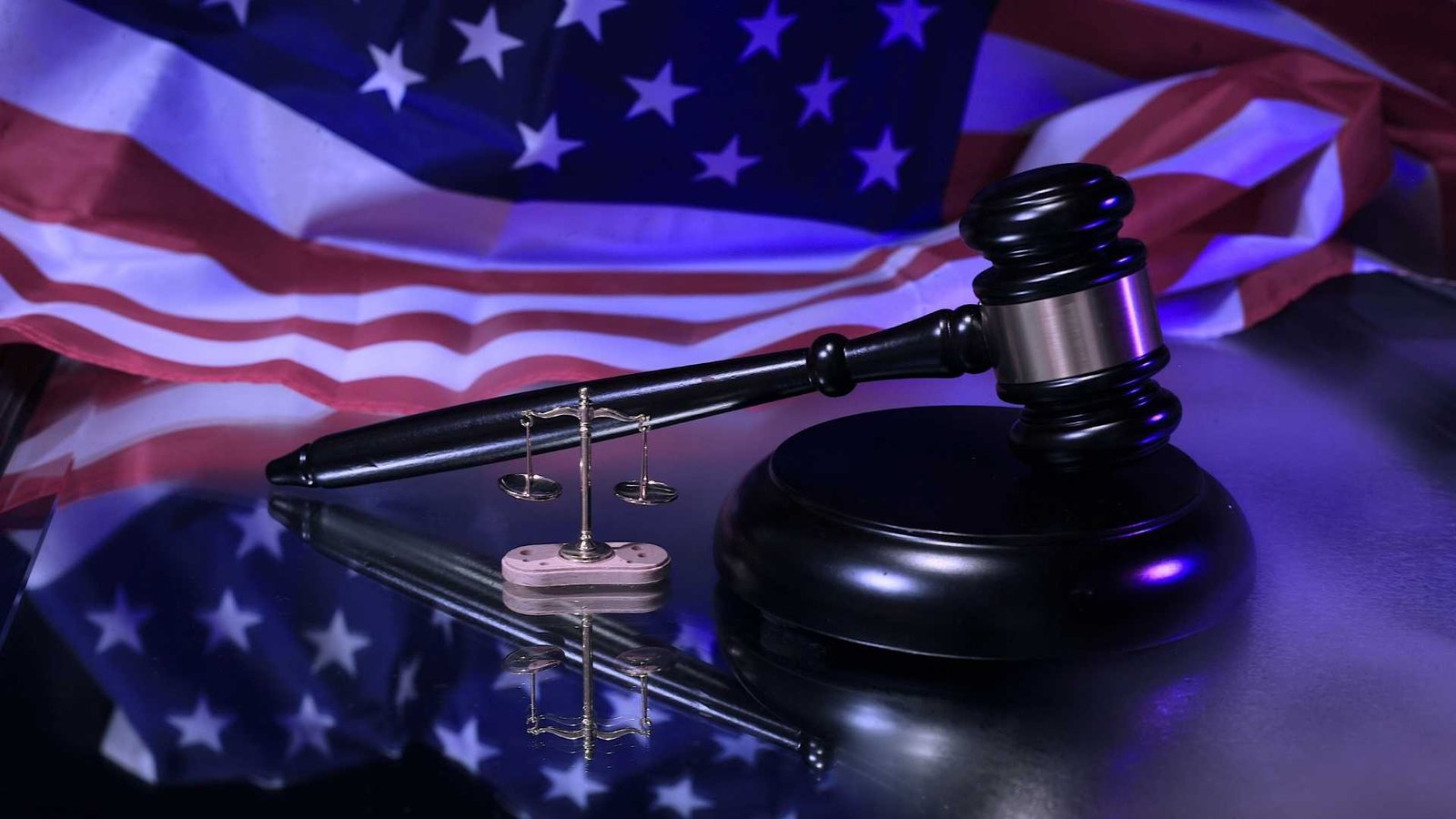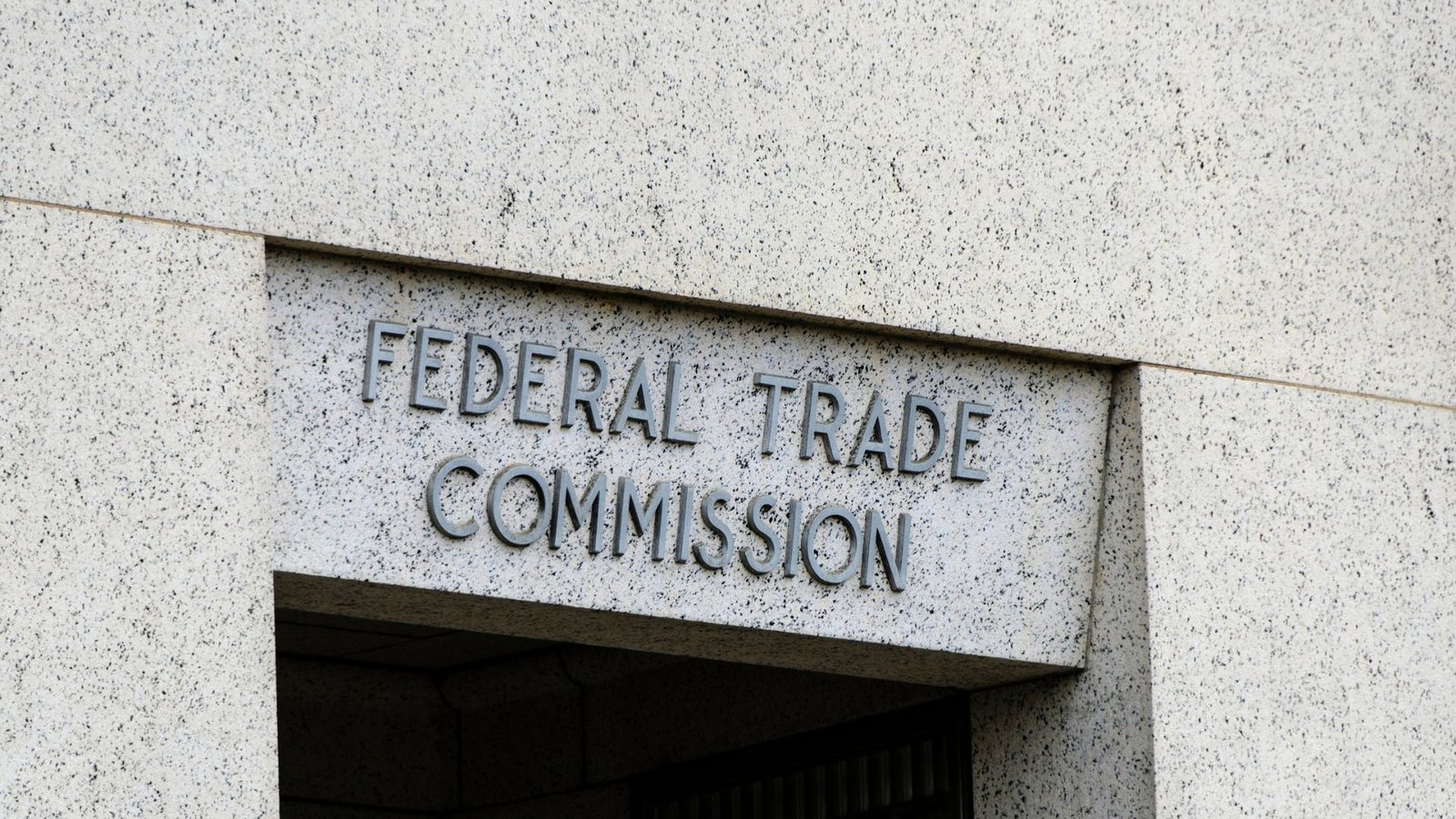On this page you will read detailed information about International Court of Justice.
You are likely familiar with the International Court of Justice as the principal judicial organ of the United Nations. As you read deeper into this 100-word introduction, consider the Court’s history, operations, and impact over its 75 years upholding justice. Tracing its origins to the Permanent Court of International Justice under the League of Nations, the International Court of Justice convened for the first time in 1946. With seats filled by representatives of major legal systems globally, the Court adjudicates disputes between nations and provides advisory opinions. While lacking an enforcement mechanism, its influence on international law and politics remains substantial. We invite you to learn more in the article ahead.
Brief History of the International Court of Justice
The International Court of Justice, also known as the World Court, traces its origins back to the Permanent Court of International Justice (PCIJ), which was established in 1920. Here is a brief overview of the Court’s establishment and key developments:
- In 1945, the United Nations Charter set forth provisions for the establishment of an international court to succeed the PCIJ. This new court would form the judicial organ of the United Nations.
- Later that year, the Statute of the International Court of Justice was drafted and signed, bringing the ICJ into being in 1946.
- The ICJ’s mandate was to hear legal disputes submitted by states and to issue advisory opinions on legal issues referred to it by authorized United Nations organs and agencies.
- The Court is composed of 15 judges who are elected to nine-year terms of office by the United Nations General Assembly and Security Council.
- It convenes at the Peace Palace in The Hague, Netherlands. As the principal judicial organ of the UN, the Court’s role is integral to the UN’s mission of promoting international peace and security.
- Over the decades, the ICJ has dealt with high profile cases concerning international borders and sovereignty questions. Landmark decisions include the 1986 case Nicaragua v. United States and the 1995 France v. Norway case concerning maritime boundaries.
- In addition to state-to-state cases, the Court has also issued over 25 advisory opinions on legal questions related to UN activities and international law. These have helped clarify issues like self-governance and human rights.
- Most recently, the ICJ has adjudicated cases related to alleged human rights abuses in occupied territories, compensation demands against other states, and border delineation disputes over land and maritime boundaries.
Going forward, the International Court of Justice will continue to play a vital role in peaceful dispute settlement between countries and in providing authoritative guidance on international legal issues. Its decisions carry substantial weight in shaping the development and interpretation of international law.
How Judges Are Appointed to the International Court of Justice
You should know that judges on the International Court of Justice are appointed through a process involving both the United Nations General Assembly and Security Council. There are 15 total judges, with the goal of representing the world’s major legal systems and regions.
- The process begins with member states of the UN nominating candidates to serve on the court. These are typically experts in international law from their countries.
- A joint conference made up of members from the UN General Assembly and Security Council then reviews the nominees, and the General Assembly and Security Council vote separately on the appointments.
- To be appointed, a nominee must receive an absolute majority in both bodies during this process. This ensures broad international consensus on the elected judges.
- The judges are formally chosen to serve for a term of nine years, with the terms staggered so a third of the court is up for election every three years. Judges may be re-elected to serve additional terms.
- Importantly, the statute governing the court requires that the full body of judges represent the world’s major civilizations and legal systems. There are often multiple judges from Western European and Latin American states, for example, while making sure judges from Africa, Asia, Eastern Europe and elsewhere are also always represented.
So in summary, ICJ judges are carefully nominated and voted on by United Nations bodies to ensure expertise, geographical representation, and independence when serving on the court. This process and criteria help the International Court of Justice live up to its mission as the primary judicial organ of the UN for deciding disputes between member states.
Major Cases Heard by the International Court of Justice
The International Court of Justice (ICJ) was established in 1945 as the judicial arm of the United Nations to peacefully adjudicate disputes between nations. Over its 75+ year history, the ICJ has issued influential rulings on many prominent cases.
- The Corfu Channel Case (1947-1949) concerned Albania’s alleged responsibility for damage caused to British warships. The Court found that while no definitive proof linked Albania to the minefield causing the damage, they had still failed to warn others of its existence. This set an important precedent regarding a nation’s obligation to inform others of hazards in their waters.
- Australia and New Zealand brought a case against France in 1973 regarding its atmospheric nuclear testing in the South Pacific. The Court ruled in favor of Australia and New Zealand, determining that France’s nuclear tests violated international standards. This led France to halt further atmospheric testing.
- Nicaragua sued the United States in 1984, alleging that its support for rebel forces (the Contras) amounted to illegal intervention and a violation of Nicaraguan sovereignty. In 1986, the Court ruled in Nicaragua’s favor, ordering the US to halt actions and pay reparations. The US withdrew from the proceedings prior to the verdict.
- A dispute between Libya and Chad over the Aouzou Strip on their border was decided by the Court in 1994. They confirmed that the area rightfully belonged to Chad, requiring Libya to withdraw its administration and military forces. This ruling settled the long-standing contention over this mineral-rich region.
The ICJ continues adjudicating cases critical to international relations and interpretation of law among nations. While lacking an enforcement mechanism, its rulings carry substantial diplomatic and political weight.
How Countries Bring Cases to the International Court of Justice
The International Court of Justice (ICJ), often referred to as the “World Court”, handles legal disputes submitted by United Nations member countries. Here is an overview of how countries can bring cases to the ICJ:
- To have a case heard by the ICJ, both the country submitting the case (the applicant) and the responding country (the respondent) must agree to the Court’s jurisdiction. This means that both countries involved must consent to having the issue settled by the ICJ.
- There are three main ways a country can consent to the Court’s jurisdiction:
- By special agreement: For a specific case, both the applicant and respondent countries can enter into a special agreement consenting to the ICJ’s jurisdiction for that particular dispute.
- Through optional clause declarations: Countries can also accept the Court’s general jurisdiction in advance by filing an optional clause declaration. Over 70 countries have done this.
- Through treaty clauses: Many treaties have clauses that specify referring disputes over treaty interpretation or application to the ICJ. If both parties signed onto such a treaty, they automatically consent to ICJ jurisdiction.
- Once jurisdiction is established, the applicant country submits a written application to the ICJ Registry outlining its case and requesting the Court to hear the dispute. This application specifies the subject of the dispute, the other party, and the grounds upon which the ICJ’s jurisdiction is based.
- The ICJ Registrar communicates the application to the government of the responding state. The respondent then gets to present a written counter-memorial with its position on the case.
- From there, additional written pleadings may be exchanged. Public hearings are later held where both parties’ legal representatives argue their positions before the judges.
Ultimately, the ICJ’s role is to broker peaceful settlements between countries over international legal issues. By following the appropriate procedures for bringing cases, nations in dispute can avail themselves of this impartial international tribunal.
In the previous post, we had shared information about The Role of Data Privacy in Times of Armed Conflict, so read that post also.
Key Procedures of the International Court of Justice
As the principal judicial organ of the United Nations, the International Court of Justice (ICJ) follows established procedures for receiving, reviewing, and ruling on contentious cases between UN member states. Understanding these key steps can provide insight into how this global court operates.
- Submission of Case – For a case to begin, one state must submit an application instituting proceedings against another state. This application outlines the basis for the case, the applicable treaties or conventions, and the specific relief being sought.
- Written Proceedings – Once a case has been formally submitted, a series of written documents and evidence are presented to the court. First, the applicant presents a memorial document detailing its full legal arguments. The respondent state then submits a counter-memorial rebutting those arguments. Additional reply and rejoinder documents may also be filed.
- Oral Proceedings – After considering the written submissions, the court holds a public hearing where agents and lawyers from both sides present oral statements and respond to questions from the judges. This allows the ICJ to clarify any outstanding issues before deliberations.
- Deliberation and Judgment – The 15 judges deliberate in private and attempt to reach decisions by majority vote. The final judgment is read out in open court, summarizing the proceedings and providing the ICJ’s binding decision. It is also published online and in print.
- Requests for Interpretation or Revision – In exceptional cases, parties can submit requests for the court to clarify a point of interpretation or review a judgment due to the discovery of new facts that may have impacted the decision. These requests must meet strict guidelines to be admissible.
Following these rigorous steps facilitates the ICJ’s mission to resolve disputes between sovereign states through the application of international law. Paying close attention to the court’s procedures also allows member states to effectively advance and argue their positions on the global stage.
Enforcing the Rulings of the International Court of Justice
- As the judicial branch of the United Nations, the International Court of Justice issues binding rulings on disputes between member states as well as advisory opinions on legal questions submitted by UN agencies. However, the Court does not have the ability to directly enforce its decisions.
- Compliance with ICJ rulings is voluntary, dependent on the member states involved to abide by them. States are expected to uphold their commitments under the UN Charter to comply with Court decisions in cases to which they are a party. But the UN Security Council has the responsibility to ensure enforcement when necessary.
- If a party fails to follow an ICJ ruling, the matter may be referred to the Security Council by the other party. The Council can then decide on appropriate measures to compel compliance. This could involve:
- Economic sanctions
- Diplomatic pressure
- Authorization of force
- However, any enforcement action requires approval of nine members of the Council and no vetoes from the five permanent members (U.S., U.K., France, Russia, China). Securing such consensus is not always achievable depending on geopolitical dynamics.
- While lacking coercive power, the authority and impartiality of the ICJ still carries weight. Countries generally have an incentive to comply in order to preserve international credibility and relationships.
- The Court’s effectiveness relies significantly on the political will of states to voluntarily follow its judgments made in accordance with international law. Refusing to comply can bring reputational costs and damaged global standing.
Overall, the International Court of Justice plays a vital role in peacefully resolving disputes between countries. But its rulings require states themselves, with possible Security Council backing, to enforce decisions through political and economic means rather than direct legal consequences or military intervention.
Criticisms and Controversies of the International Court of Justice
The International Court of Justice, like any major global institution, has faced its share of criticisms over the years. Some of the main issues that have been raised include:
- Lack of enforceability of decisions: One of the most common criticisms is that the ICJ lacks any real power to enforce its rulings. Since the court has no independent ability to compel countries to comply, its judgments often go unheeded. For example, the United States ignored the ICJ’s ruling against its support for contra rebels in Nicaragua in the 1980s.
- Perceived bias: Some countries have accused the ICJ judges of favoring certain states over others in high-profile cases. Developing countries in Africa and Asia have argued that the court is biased toward Western interests. The court’s perceived lack of diversity has also faced scrutiny.
- Limited jurisdiction: The ICJ can only hear cases when countries agree to its jurisdiction. Many states refuse to recognize its authority over certain disputes, limiting the court’s purview. Territorial conflicts are often exempt unless both parties provide consent.
- Politicization: Critics say states manipulate the judicial process at the ICJ for political ends in cases with major geopolitical implications. Because states choose the judges, it is alleged that judges favor the interests of their home countries in close decisions.
To address such concerns, reform proposals for the ICJ have included expanding the composition of judges to increase geographic diversity, legally binding all UN members to its jurisdiction, and limiting the political pressure judges face from national governments. However, amending the ICJ’s mandate requires agreement from the UN and member countries.
The Future of the International Court of Justice
The International Court of Justice (ICJ) has a vital and evolving role to play in promoting the rule of law and peaceful resolution of disputes between States. As the principal judicial organ of the United Nations, the following factors will shape the ICJ in the coming years:
- Expanding Accessibility and Awareness
The ICJ will continue its efforts to expand awareness of the Court’s role and accessibility to more States. This includes:
- Hosting seminars to promote the Court and its optional clause accepting ICJ jurisdiction
- Translating materials into official UN languages
- Streamlining filing procedures to facilitate broader global participation
- Responding to a Changing World
The ICJ will need to respond effectively to emerging issues confronting the global community. Some of these developing areas potentially engaging ICJ jurisdiction include:
- Global public health issues
- Environmental and climate change disputes
- Expanding concepts and contexts related to human rights
- Impacts of new technologies and digital connectivity on State relations
- Reaffirming and Asserting Independence
As an impartial body, the ICJ must assert and protect its judicial independence in the face of global tensions. This involves:
- Insulating judicial processes from undue external pressures
- Building trust in its objectivity through sound reasoned judgments
- Innovating procedures to promote open, equitable outcomes
By rising to meet these challenges, the ICJ will solidify its role as a bastion of international law, justice and human rights in an evolving global landscape. Its ability to adapt its vast judicial resources to emerging State needs and global contexts will shape its future for decades to come.
FAQs About the International Court of Justice
Q1: What is the role of the International Court of Justice?
I) Settle legal disputes submitted by states in accordance with international law
II) Provide advisory opinions on legal questions proposed by authorized UN organs and agencies
Q2: How are the judges selected?
II) The seats are distributed regionally, ensuring a mix of the world’s major legal systems
III) Elections are staggered, with 5 judges replaced every 3 years
Q3: What types of cases does the Court hear?
II) Advisory proceedings – The Court issues non-binding advisory opinions on legal questions submitted by UN entities
Q4: What is the process for contentious cases?
II) Proceedings involve written submissions and public hearings before the Court
III) Judges deliberate and issue binding majority rulings and opinions
Q5: How are the Court’s decisions enforced?
II) The UN Security Council can compel compliance with Court decisions
III) States usually comply voluntarily to demonstrate commitment to international law
Q6: How is the ICJ funded and administered?
II) It sits at the Peace Palace in The Hague, Netherlands
III) An elected Registrar handles administration and judicial processes
So in summary, the International Court of Justice plays a vital role in peacefully adjudicating international disputes as part of the broader UN system. Learning more about its history, composition and operations aids public understanding of this important institution.
Conclusion
As you have read, the International Court of Justice plays an integral role within the United Nations system as the principal judicial organ. Its unique position enables it to adjudicate legal disputes between States and provide advisory opinions. Throughout its 75-year history, the ICJ has heard over 150 contentious cases and issued more than 30 advisory opinions on critical legal questions in international law. Looking ahead, the Court will continue interpreting treaties and conventions, deciding international disputes, and evolving alongside international law and relations. We encourage you to further examine the inner workings of the ICJ as well as its influential decisions that have shaped our modern framework for peaceful conflict resolution between States.
Disclaimer
The information and services on this website are not intended to and shall not be used as legal advice. You should consult a Legal Professional for any legal or solicited advice. While we have good faith and our own independent research to every information listed on the website and do our best to ensure that the data provided is accurate. However, we do not guarantee the information provided is accurate and make no representation or warranty of any kind, express or implied, regarding the accuracy, adequacy, validity, reliability, availability, or completeness of any information on the Site. UNDER NO CIRCUMSTANCES SHALL WE HAVE ANY LIABILITY TO YOU FOR ANY LOSS OR DAMAGE OF ANY KIND INCURRED AS A RESULT OR RELIANCE ON ANY INFORMATION PROVIDED ON THE SITE. YOUR USE OF THE SITE AND YOUR RELIANCE ON ANY INFORMATION ON THE SITE IS SOLELY AT YOUR OWN RISK. Comments on this website are the sole responsibility of their writers so the accuracy, completeness, veracity, honesty, factuality and politeness of comments are not guaranteed.
So friends, today we talked about International Court of Justice, hope you liked our post.
If you liked the information about International Court of Justice, then definitely share this article with your friends.

